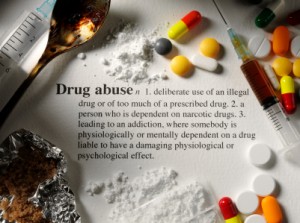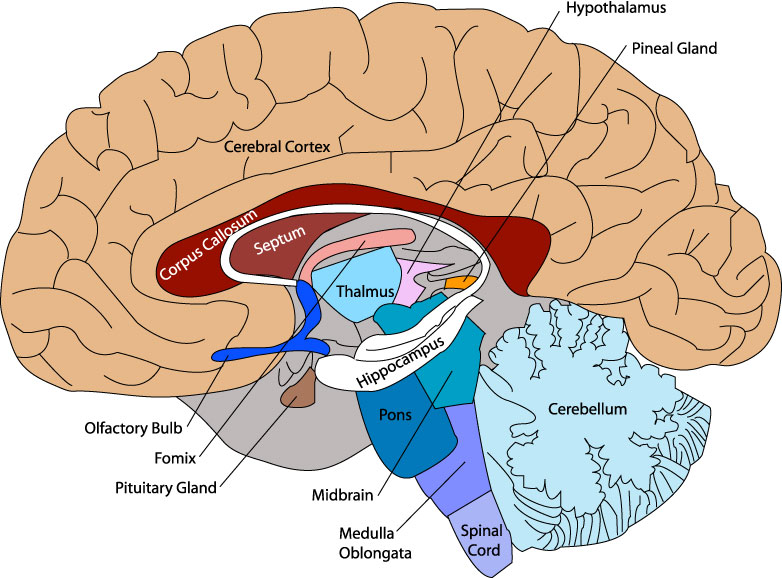 Defined as a nervous system disorder caused by excessive and continuous intake of opiates (drugs derived from opium), Opiate addiction has become a serious health problem in the US. Despite the sustained efforts of the government to curb the menace of opiate abuse, the use of opiates is on the rise. While alcohol remains one of the most commonly abused substances, heroin and other opiates have posed a serious challenge to health authorities. The rise in the use of opiates is evident from the fact that there has been an increase in the number of people seeking opiate treatment. However, this should also be viewed as a positive trend as more and more people are now seeking medical treatment to overcome their opiate addiction.
Defined as a nervous system disorder caused by excessive and continuous intake of opiates (drugs derived from opium), Opiate addiction has become a serious health problem in the US. Despite the sustained efforts of the government to curb the menace of opiate abuse, the use of opiates is on the rise. While alcohol remains one of the most commonly abused substances, heroin and other opiates have posed a serious challenge to health authorities. The rise in the use of opiates is evident from the fact that there has been an increase in the number of people seeking opiate treatment. However, this should also be viewed as a positive trend as more and more people are now seeking medical treatment to overcome their opiate addiction.
- Opiates have serious negative effects on body and mind
The continuous intake of opiates can play havoc with your body and mind. Endorphins are the natural painkillers produced by the body. With a long term use of opiates, the body stops producing endorphins. Some of the common fallouts of opiate addiction include difficulty in concentrating, hyperactivity and disorientation. It can also cause pulmonary problems and spontaneous abortions. The negative effects of opiates on the physical and mental health of a person can be so severe that they may complete paralyze the life of a person. An opiate addict may become incapable of carrying out his daily tasks. For this reason, providing professional opiate treatment is of paramount importance.
- Opiate treatment
If a person has been using opiate drugs regularly and has grown addicted to it, it becomes important to provide professional medical treatment. The withdrawal symptoms experienced by patients are one of the biggest reasons that necessitate medical intervention. Unless, the withdrawal symptoms are properly managed, it may become quite difficult for a person to overcome opiate addiction. People suffering from opiate addiction should seek out help from a professional treatment center.




